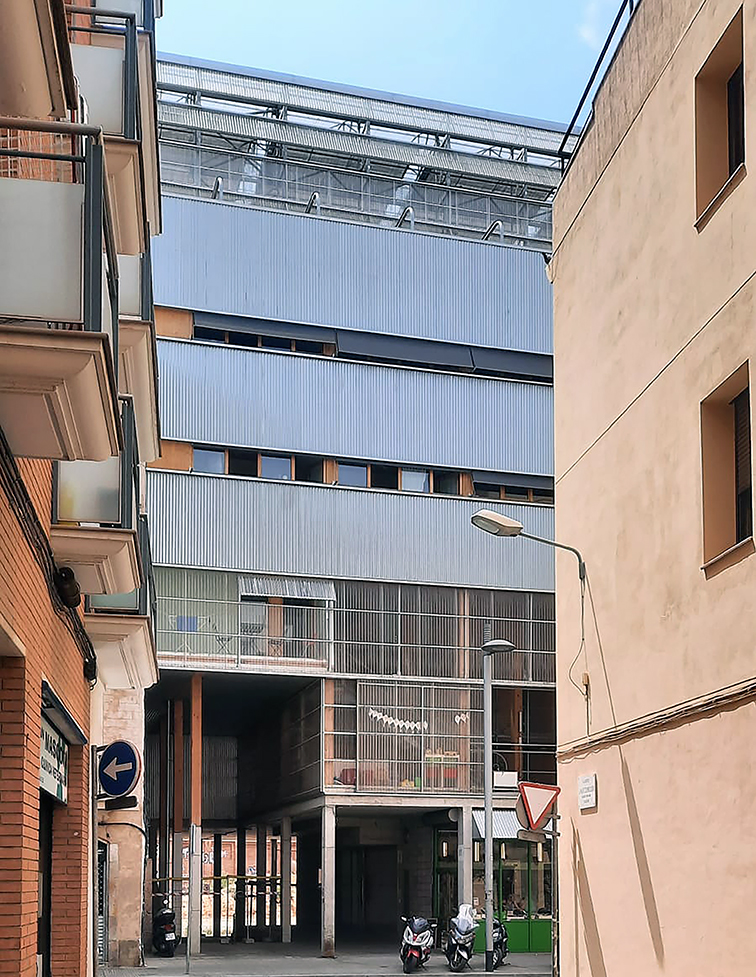
Published 2023-12-29
Keywords
- co-housing,
- gender perspective,
- collective spaces,
- reproductive labour,
- women genealogies
How to Cite
Copyright (c) 2023 Érica Martins, Valentina Novak , Lily Scarponi, Giulia Piazza

This work is licensed under a Creative Commons Attribution 4.0 International License.
Abstract
This article explores the topic of co-housing from a gender perspective, considering that inhabiting is not a neutral, but a strongly gendered practice. The aim of the study is to describe some co-housing practices in order to observe how the design of spaces and the organisation of daily life can influence the distribution of care and reproductive labour. To this end, four experiences are analysed, with the aim of illustrating the multiplicity of configurations that co-housing can have: two outside (La Borda and Sargfabrik) and two inside Italy (Borgo Ponte Canale and Co-housing Le Torri) focusing on aspects such as the origin, the occurrence of participatory processes, the flexibility of spaces, and the forms of ownership and use of the property. It points out how feminist movements have played an essential role in the housing debate, bringing out the central role of collective spaces and interpersonal relations as fundamental elements for an equal sharing of care work. This insight into the practice of co-housing, given its characteristics and intrinsic potential, may thus represent a fertile ground for interdisciplinary experimentation and investigation, capable of driving us towards housing scenarios generating a greater equity.
